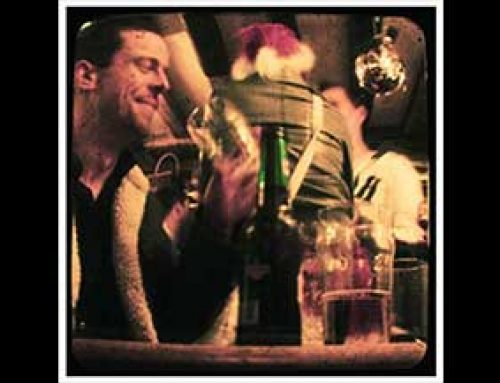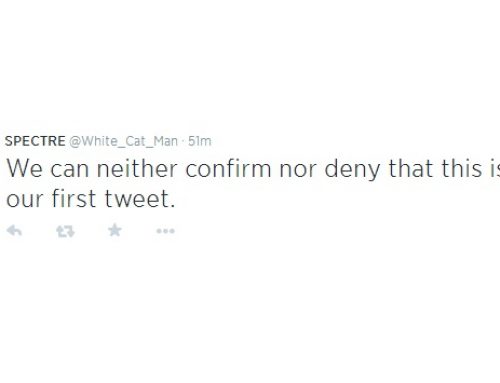During my absence a couple of rather yummy trailers have turned up on the Interwebs. First, there’s this:
James Cromwell as Daddy Bush? Richard Dreyfus as Dick Cheney? Mr Fantastic as Tony Blair? Oliver Stone, I salute you!
Then, there’s this:
As a huge fan of the original ‘graphic novel’ (God, I hate that phrase), I’ve got real mixed feelings about this one. On the one hand, I’m fascinated by Zack Snyder’s almost pornographic attention to detail. I’ve read Watchmen many, many times. I know that particular fictional world pretty much inside out. On a visual level at least, it looks as though he’s nailed it. Everything pretty much looks exactly like it should do.
But, but, buuuut…
One of the reasons Watchmen is a great work is because it works on many levels. Yes, it’s a conspiracy thriller. Yes, it’s a deconstruction of superhero mythology. But, at another level, it is a meditation on the nature of power and authority. The title, after all, comes from the Juvenal line “Quis custodiet ipsos custodes?“, or “Who watches the watchmen?” That line pretty much spells out what Robert McKee would call the ‘Controlling Idea’ of the piece.
(And, yes, I get really annoyed when lazy, research-averse, miss-the-point journalists writing about the film describe the protagonists as ‘The Watchmen’. That’s a bit like thinking that I Am Legend is all about some bloke called Legend. Did these people assume that Silence of the Lambs was all about a young herd of mute sheep?)
But I digress. One of the things Alan Moore and Dave Gibbons did brilliantly with Watchmen was exploit the comic book to its full potential. They took this despised little medium and asked themselves: “What things can we do with a comic-book that can’t be done with any other medium?” “What makes it unique?” “What’s never been done before?”
I imagine James Joyce probably asked himself similar questions when he decided to write a ambitious yarn about a day in the life of Dublin, circa 16th June 1904. In 1967, a movie adaptation was made of Ulysses and the dialogue was remarkably faithful to the source material. Practically every line in the film was taken from Joyce’s novel, including the word “fuck” (which makes it a contender for The First Ever Film To Feature The F-Word award).
And despite all this, it wasn’t very good.
For fear of sounding tautological, what makes a novel like Ulysses great is the fact it’s a great novel. Joyce exploited the medium to its full potential. He did things with the novel that had never been done before. It seems that ambitious, groundbreaking novels do not lend themselves particularly well to movie adaptations (mediocre novels, on the other hand, do surprisingly well).
I can’t help but imagine the same applies to ambitious, groundbreaking comics…










Leave A Comment